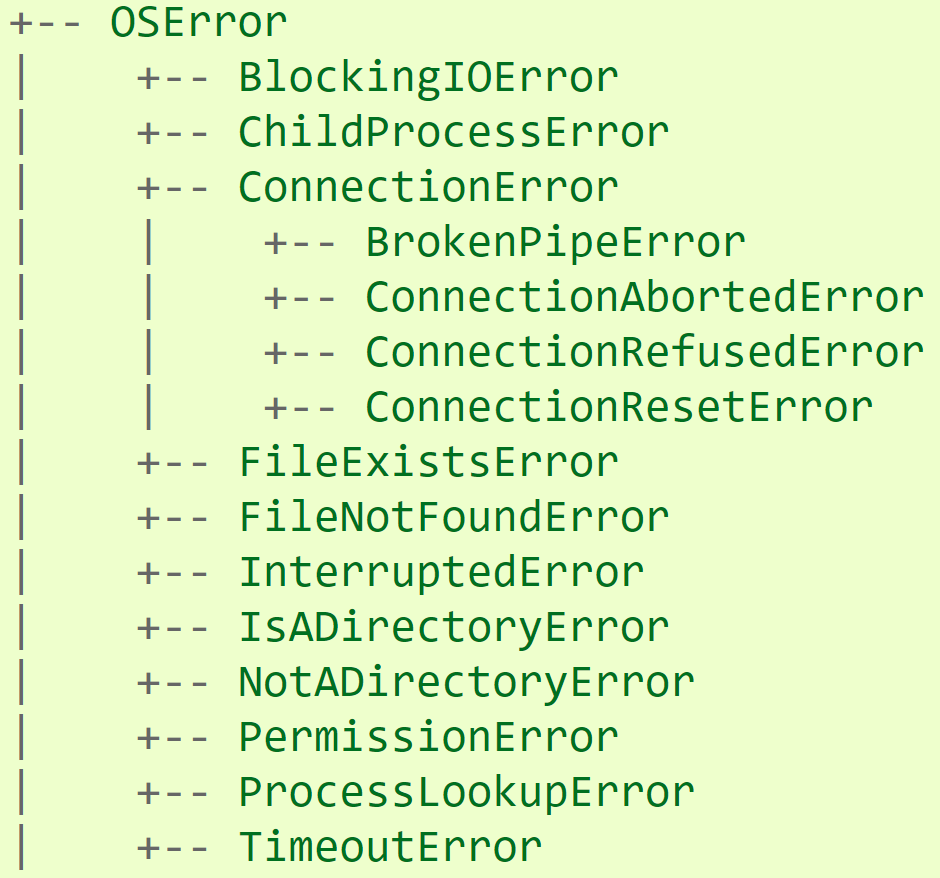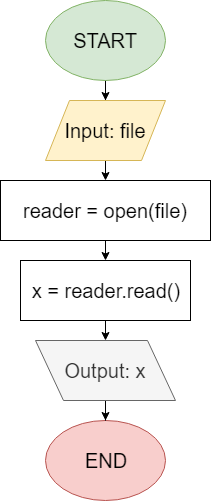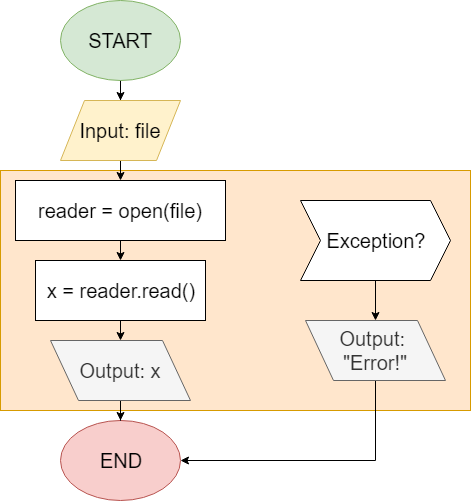# Load required modules
import sys
# If an argument is present, we are reading from a file
# specified in sys.argv[1]
if len(sys.argv) > 1:
reader = open(sys.argv[1])
# If no argument, read from stdin
else:
reader = sys.stdin
x = int(reader.readline())
print(x)
# Load required modules
import sys
try:
# If an argument is present, we are reading from a file
# specified in sys.argv[1]
if len(sys.argv) > 1:
reader = open(sys.argv[1])
# If no argument, read from stdin
else:
reader = sys.stdin
x = int(reader.readline())
print(x)
# Load required modules
import sys
try:
# If an argument is present, we are reading from a file
# specified in sys.argv[1]
if len(sys.argv) > 1:
reader = open(sys.argv[1])
# If no argument, read from stdin
else:
reader = sys.stdin
x = int(reader.readline())
print(x)
# Load required modules
import sys
try:
# If an argument is present, we are reading from a file
# specified in sys.argv[1]
if len(sys.argv) > 1:
reader = open(sys.argv[1])
# If no argument, read from stdin
else:
reader = sys.stdin
x = int(reader.readline())
print(x)
# Load required modules
import sys
try:
# If an argument is present, we are reading from a file
# specified in sys.argv[1]
if len(sys.argv) > 1:
reader = open(sys.argv[1])
# If no argument, read from stdin
else:
reader = sys.stdin
x = int(reader.readline())
print(x)
# Load required modules
import sys
try:
# If an argument is present, we are reading from a file
# specified in sys.argv[1]
if len(sys.argv) > 1:
reader = open(sys.argv[1])
# If no argument, read from stdin
else:
reader = sys.stdin
x = int(reader.readline())
print(x)
except Exception as e:
# Load required modules
import sys
try:
# If an argument is present, we are reading from a file
# specified in sys.argv[1]
if len(sys.argv) > 1:
reader = open(sys.argv[1])
# If no argument, read from stdin
else:
reader = sys.stdin
x = int(reader.readline())
print(x)
except Exception as e:
# Load required modules
import sys
try:
# If an argument is present, we are reading from a file
# specified in sys.argv[1]
if len(sys.argv) > 1:
reader = open(sys.argv[1])
# If no argument, read from stdin
else:
reader = sys.stdin
x = int(reader.readline())
print(x)
except Exception as e:
# Load required modules
import sys
try:
# If an argument is present, we are reading from a file
# specified in sys.argv[1]
if len(sys.argv) > 1:
reader = open(sys.argv[1])
# If no argument, read from stdin
else:
reader = sys.stdin
x = int(reader.readline())
print(x)
except Exception as e:
# Load required modules
import sys
try:
# If an argument is present, we are reading from a file
# specified in sys.argv[1]
if len(sys.argv) > 1:
reader = open(sys.argv[1])
# If no argument, read from stdin
else:
reader = sys.stdin
x = int(reader.readline())
print(x)
except Exception as e:
print("Error!")
# Load required modules
import sys
try:
# If an argument is present, we are reading from a file
# specified in sys.argv[1]
if len(sys.argv) > 1:
reader = open(sys.argv[1])
# If no argument, read from stdin
else:
reader = sys.stdin
x = int(reader.readline())
print(x)
except Exception as e:
print("Error!")
# Load required modules
import sys
try:
# If an argument is present, we are reading from a file
# specified in sys.argv[1]
if len(sys.argv) > 1:
reader = open(sys.argv[1])
# If no argument, read from stdin
else:
reader = sys.stdin
x = int(reader.readline())
print(x)
except Exception as e:
print("Error!")
# Load required modules
import sys
try:
# If an argument is present, we are reading from a file
# specified in sys.argv[1]
if len(sys.argv) > 1:
reader = open(sys.argv[1])
# If no argument, read from stdin
else:
reader = sys.stdin
x = int(reader.readline())
print(x)
except Exception as e:
print("Error!")
# Load required modules
import sys
try:
# If an argument is present, we are reading from a file
# specified in sys.argv[1]
if len(sys.argv) > 1:
reader = open(sys.argv[1])
# If no argument, read from stdin
else:
reader = sys.stdin
x = int(reader.readline())
print(x)
except FileNotFoundError as e:
print("Error!")
# Load required modules
import sys
try:
# If an argument is present, we are reading from a file
# specified in sys.argv[1]
if len(sys.argv) > 1:
reader = open(sys.argv[1])
# If no argument, read from stdin
else:
reader = sys.stdin
x = int(reader.readline())
print(x)
except FileNotFoundError as e:
print("Error!")
# Load required modules
import sys
try:
# If an argument is present, we are reading from a file
# specified in sys.argv[1]
if len(sys.argv) > 1:
reader = open(sys.argv[1])
# If no argument, read from stdin
else:
reader = sys.stdin
x = int(reader.readline())
print(x)
except FileNotFoundError as e:
print("Error: File Not Found!")
# Load required modules
import sys
try:
# If an argument is present, we are reading from a file
# specified in sys.argv[1]
if len(sys.argv) > 1:
reader = open(sys.argv[1])
# If no argument, read from stdin
else:
reader = sys.stdin
x = int(reader.readline())
print(x)
except FileNotFoundError as e:
print("Error: File Not Found!")
# Load required modules
import sys
try:
# If an argument is present, we are reading from a file
# specified in sys.argv[1]
if len(sys.argv) > 1:
reader = open(sys.argv[1])
# If no argument, read from stdin
else:
reader = sys.stdin
x = int(reader.readline())
print(x)
except FileNotFoundError as e:
print("Error: File Not Found!")
# Load required modules
import sys
try:
# If an argument is present, we are reading from a file
# specified in sys.argv[1]
if len(sys.argv) > 1:
reader = open(sys.argv[1])
# If no argument, read from stdin
else:
reader = sys.stdin
x = int(reader.readline())
print(x)
except FileNotFoundError as e:
print("Error: File Not Found!")
except ValueError as e:
print("Error: Input Does Not Match Expected Format!")
# Load required modules
import sys
try:
# If an argument is present, we are reading from a file
# specified in sys.argv[1]
if len(sys.argv) > 1:
reader = open(sys.argv[1])
# If no argument, read from stdin
else:
reader = sys.stdin
x = int(reader.readline())
print(x)
except FileNotFoundError as e:
print("Error: File Not Found!")
except ValueError as e:
print("Error: Input Does Not Match Expected Format!")
# Load required modules
import sys
try:
# If an argument is present, we are reading from a file
# specified in sys.argv[1]
if len(sys.argv) > 1:
reader = open(sys.argv[1])
# If no argument, read from stdin
else:
reader = sys.stdin
x = int(reader.readline())
print(x)
except FileNotFoundError as e:
print("Error: File Not Found!")
except ValueError as e:
print("Error: Input Does Not Match Expected Format!")
# Load required modules
import sys
try:
# If an argument is present, we are reading from a file
# specified in sys.argv[1]
if len(sys.argv) > 1:
reader = open(sys.argv[1])
# If no argument, read from stdin
else:
reader = sys.stdin
x = int(reader.readline())
print(x)
except FileNotFoundError as e:
print("Error: File Not Found!")
except ValueError as e:
print("Error: Input Does Not Match Expected Format!")
except OSError as e:
print("Error: OS Exception!")
# Load required modules
import sys
try:
# If an argument is present, we are reading from a file
# specified in sys.argv[1]
if len(sys.argv) > 1:
reader = open(sys.argv[1])
# If no argument, read from stdin
else:
reader = sys.stdin
x = int(reader.readline())
print(x)
except FileNotFoundError as e:
print("Error: File Not Found!")
except ValueError as e:
print("Error: Input Does Not Match Expected Format!")
except OSError as e:
print("Error: OS Exception!")
# Load required modules
import sys
try:
# If an argument is present, we are reading from a file
# specified in sys.argv[1]
if len(sys.argv) > 1:
reader = open(sys.argv[1])
# If no argument, read from stdin
else:
reader = sys.stdin
x = int(reader.readline())
print(x)
except OSError as e:
print("Error: OS Exception!")
except FileNotFoundError as e:
print("Error: File Not Found!")
except ValueError as e:
print("Error: Input Does Not Match Expected Format!")
# Load required modules
import sys
try:
# If an argument is present, we are reading from a file
# specified in sys.argv[1]
if len(sys.argv) > 1:
reader = open(sys.argv[1])
# If no argument, read from stdin
else:
reader = sys.stdin
x = int(reader.readline())
print(x)
except OSError as e:
print("Error: OS Exception!")
except FileNotFoundError as e:
print("Error: File Not Found!")
except ValueError as e:
print("Error: Input Does Not Match Expected Format!")
Exception Hierarchy

# Load required modules
import sys
try:
# If an argument is present, we are reading from a file
# specified in sys.argv[1]
if len(sys.argv) > 1:
reader = open(sys.argv[1])
# If no argument, read from stdin
else:
reader = sys.stdin
x = int(reader.readline())
print(x)
except OSError as e:
print("Error: OS Exception!")
except FileNotFoundError as e:
print("Error: File Not Found!")
except ValueError as e:
print("Error: Input Does Not Match Expected Format!")
# Load required modules
import sys
try:
# If an argument is present, we are reading from a file
# specified in sys.argv[1]
if len(sys.argv) > 1:
reader = open(sys.argv[1])
# If no argument, read from stdin
else:
reader = sys.stdin
x = int(reader.readline())
print(x)
except FileNotFoundError as e:
print("Error: File Not Found!")
except ValueError as e:
print("Error: Input Does Not Match Expected Format!")
except OSError as e:
print("Error: OS Exception!")
# Load required modules
import sys
try:
# If an argument is present, we are reading from a file
# specified in sys.argv[1]
if len(sys.argv) > 1:
reader = open(sys.argv[1])
# If no argument, read from stdin
else:
reader = sys.stdin
x = int(reader.readline())
print(x)
except FileNotFoundError as e:
print("Error: File Not Found!")
except ValueError as e:
print("Error: Input Does Not Match Expected Format!")
except OSError as e:
print("Error: OS Exception!")


